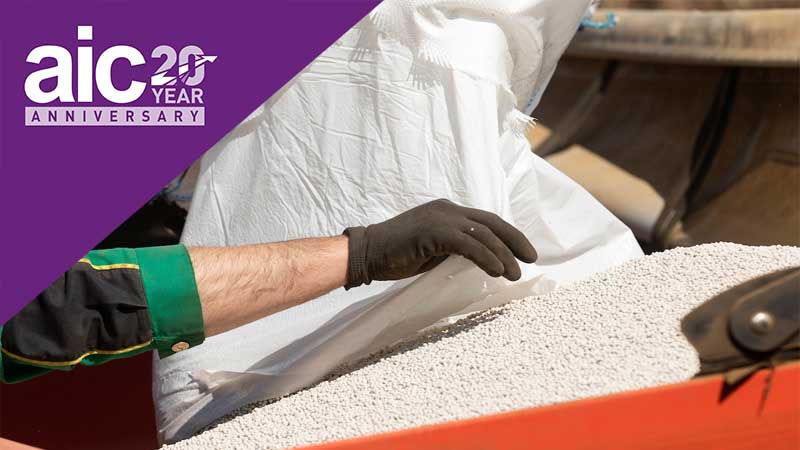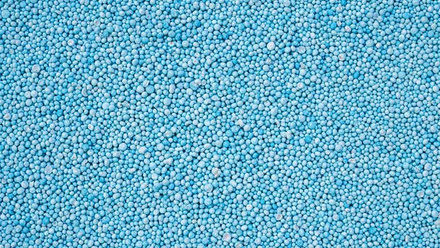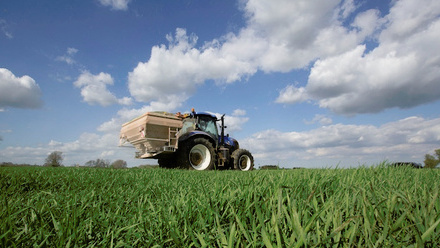AIC at 20: Working with industry to reduce ammonia emissions for improved air quality

As AIC marks 20 years as the UK agri-supply industry’s leading trade association, we're looking back at some of its greatest achievements since it was founded in 2003.
Each week throughout 2023, we’ll explore a major achievement where AIC represented its Member businesses, promoted the benefits of modern commercial agriculture in the UK, and supported collaboration throughout the food chain.
This week, we look at how AIC worked with the industry and the Government to reduce ammonia emissions from agriculture without banning urea fertilisers.
Proactive approach
Fertilisers come in many different organic and inorganic forms and are essential components for sustainable crop production, driving increased yields and ensuring food security for billions of people worldwide.
Since 2021, AIC has taken significant steps to help the agriculture industry find and implement a voluntary solution to mitigate the threat of government legislating against the use of urea fertilisers in the UK, a potential move driven by the need to cut ammonia emissions.
This proactive approach by AIC not only ensures farmers' access to vital fertilisers, it also helps meet the UK's legally binding air quality targets for ammonia emissions.
Government proposals to restrict solid urea fertilisers raised concerns within the industry. Such a ban could have had severe implications for fertiliser supply and choice for farmers.
AIC's core concerns included the potential precedent of the Government limiting market offerings and artificially restricting competition, as well as restricting alternatives during supply disruptions.
The trade association is committed to progressing sustainability in UK agriculture, focusing on improving Nutrient Use Efficiency (NUE) on farms and achieving measurable changes for the long-term reduction of ammonia being emitted into the air.
This issue encompassed all three of AIC's guiding pillars for its work - Productivity, Environment and Competitiveness - delivering for sustainability and contributing to the circular economy. Find out more on the "About AIC" webpage.
"Option 4"
AIC advocated maintaining urea on the market through a commitment to NUE, emphasising the right product, right conditions, right time, and right place.
Its lobbying efforts resulted in the inclusion of urease inhibitors with all urea-containing fertilisers applied between 1 April and the last autumn application, thereby reducing ammonia emissions.
Four options were on the table to tackle emissions, including an outright ban of urea fertilisers and a voluntary industry scheme.
Commonly known as "Option 4", is an agricultural industry partnership that centred around a collective commitment to deliver substantial ammonia emissions reductions from the use of both solid and liquid fertilisers containing urea from April 2023.
This preferred approach gained support from key industry stakeholders, including AIC and farming unions.
The industry-led initiative encompasses both solid and liquid fertilisers, making it easier to achieve targeted reductions in ammonia emissions and helping the UK meet its legally binding international agreements.
Farming Minister Mark Spencer MP endorsed this industry scheme, emphasising its importance in reducing ammonia emissions for improved air quality.
This collaboration between the agri-supply industry and farming unions was dedicated to working for cleaner air, helping to effectively address major challenges while maintaining a competitive market and producing food to feed the nation.
View guidance for further details on this voluntary scheme below.
Watch the video below to find out more about AIC and the fertiliser sector.
Make sure you're following AIC on X and LinkedIn for regular updates.
Visit the AIC at 20 webpage for more content like this.






